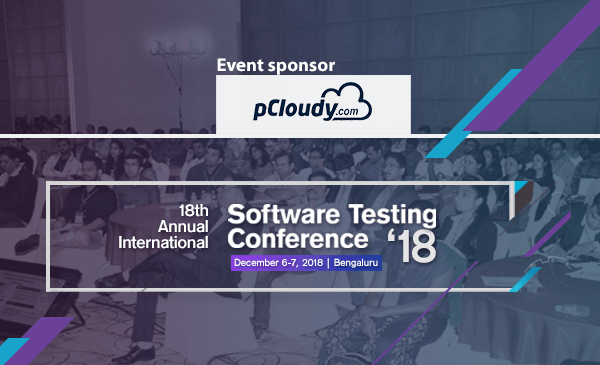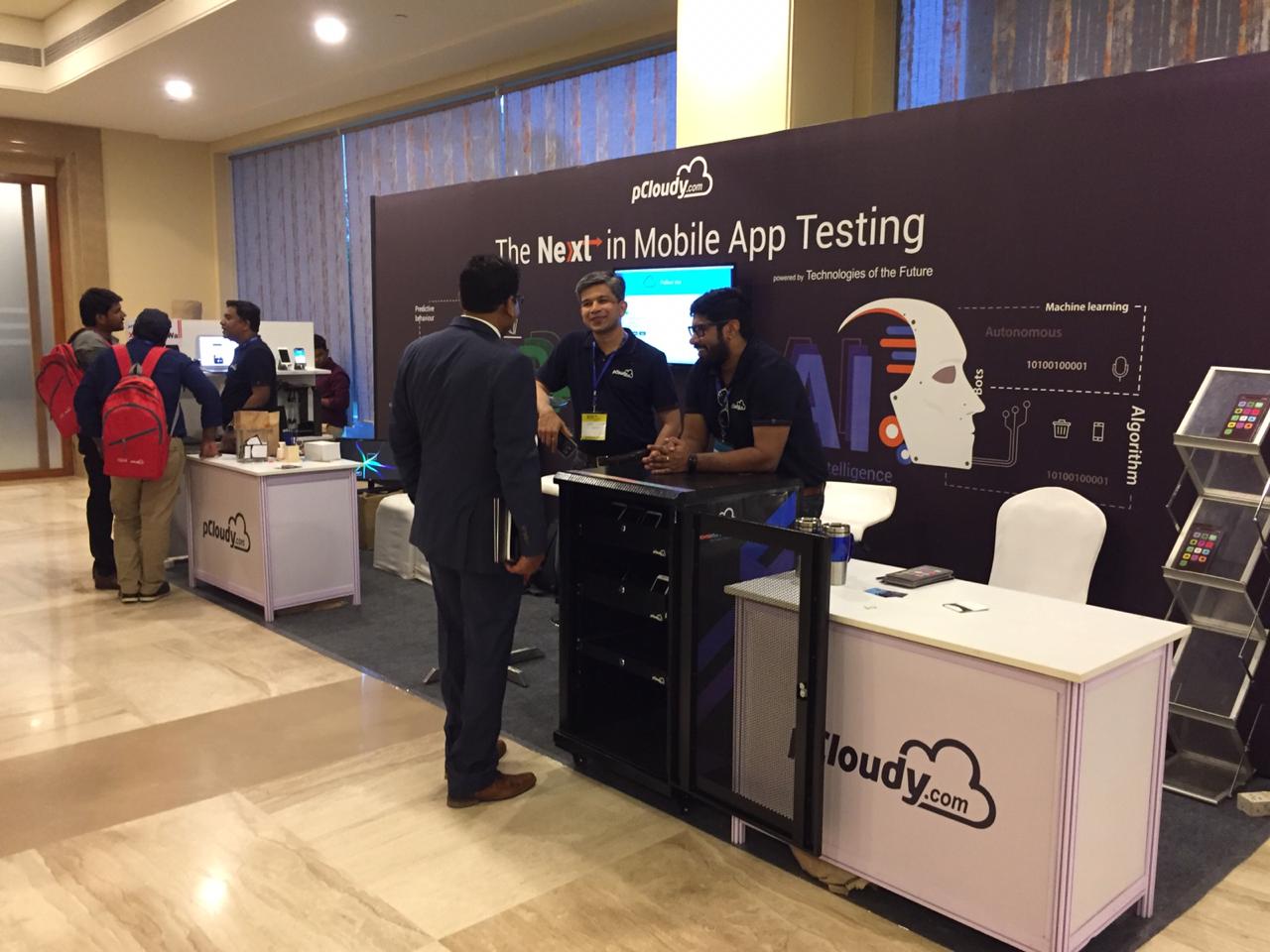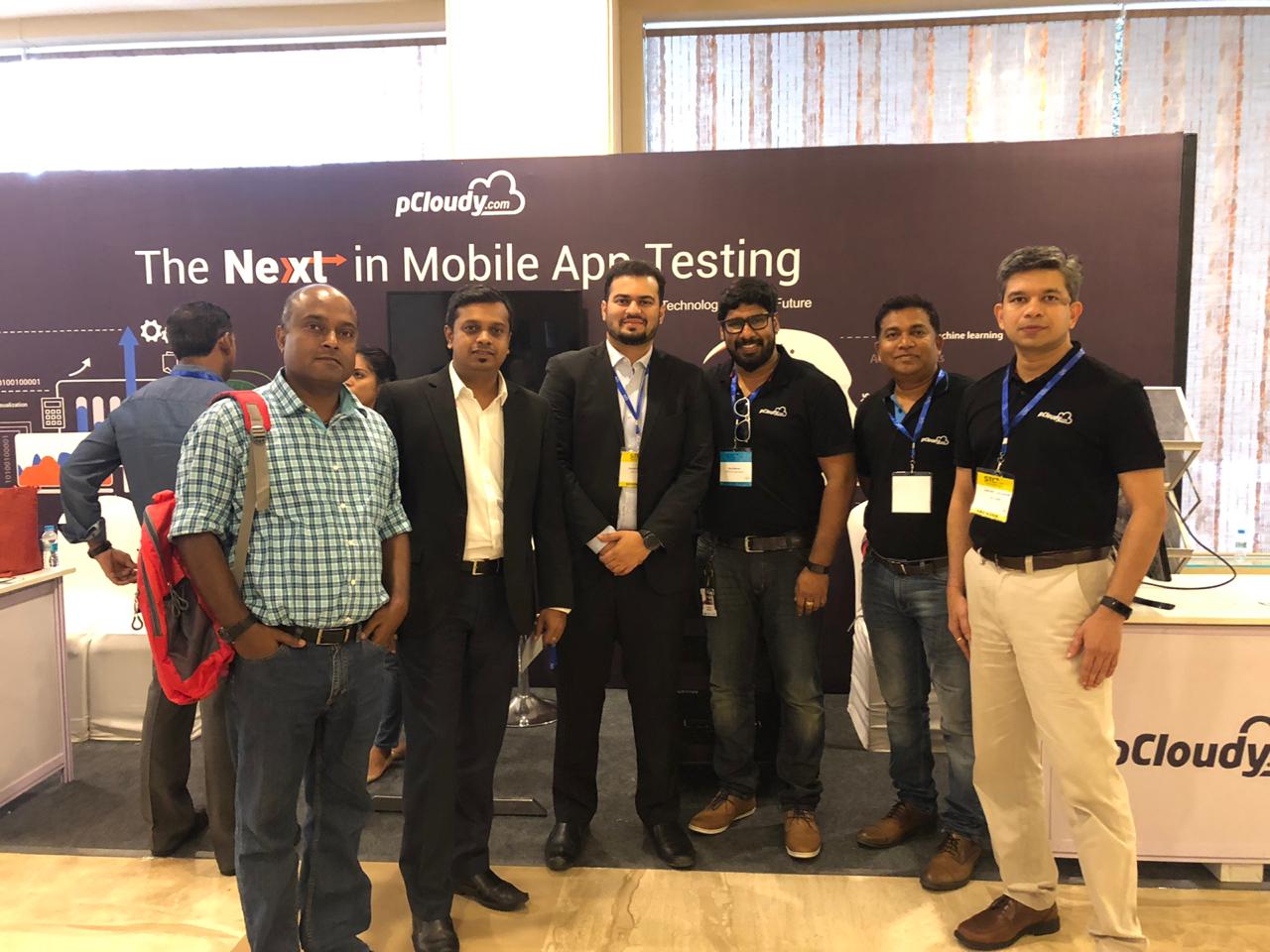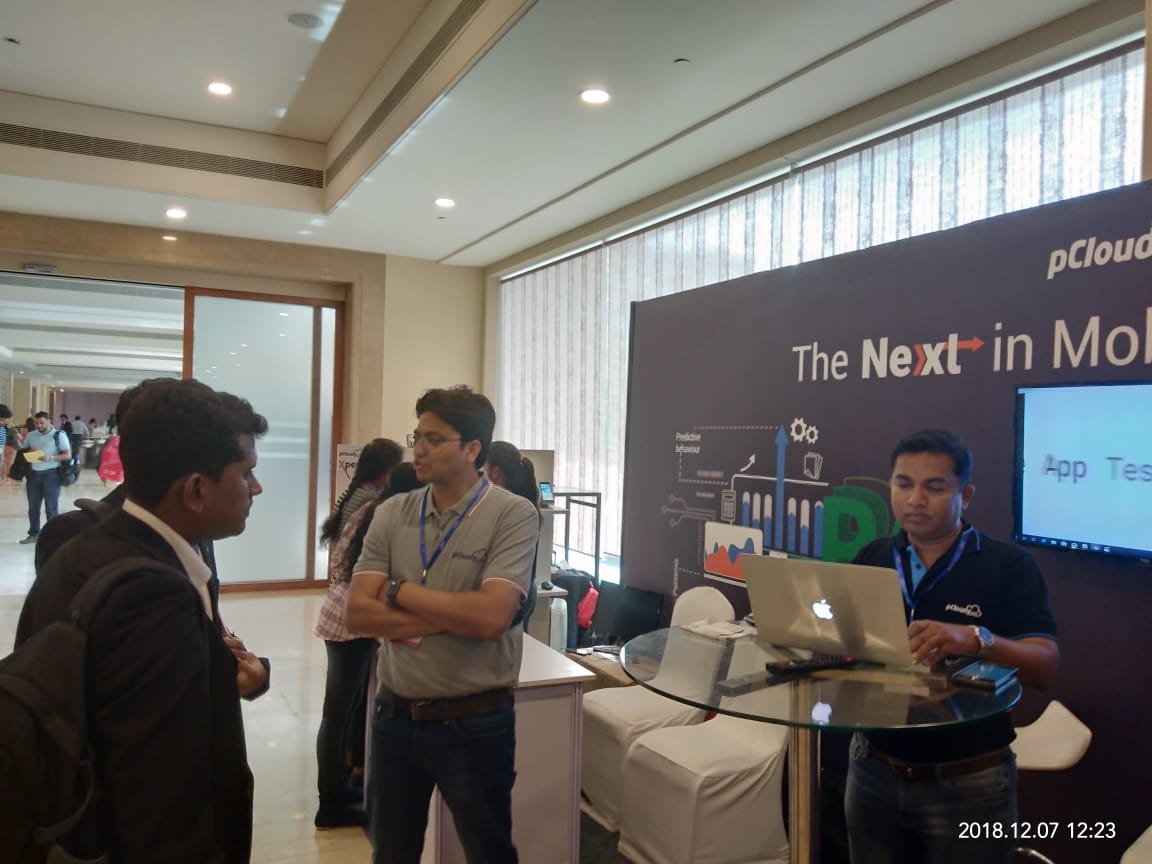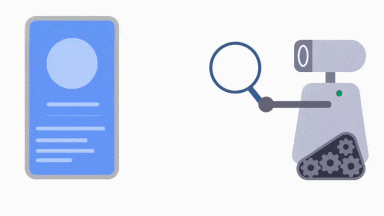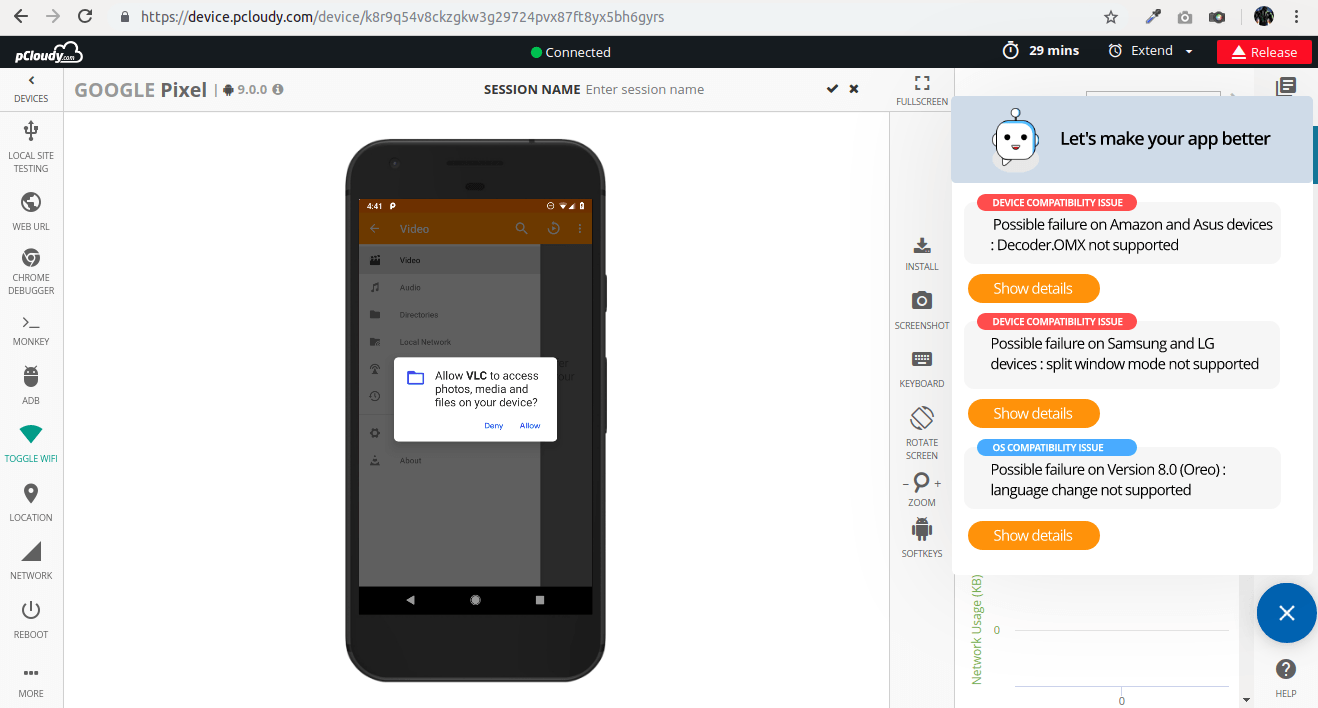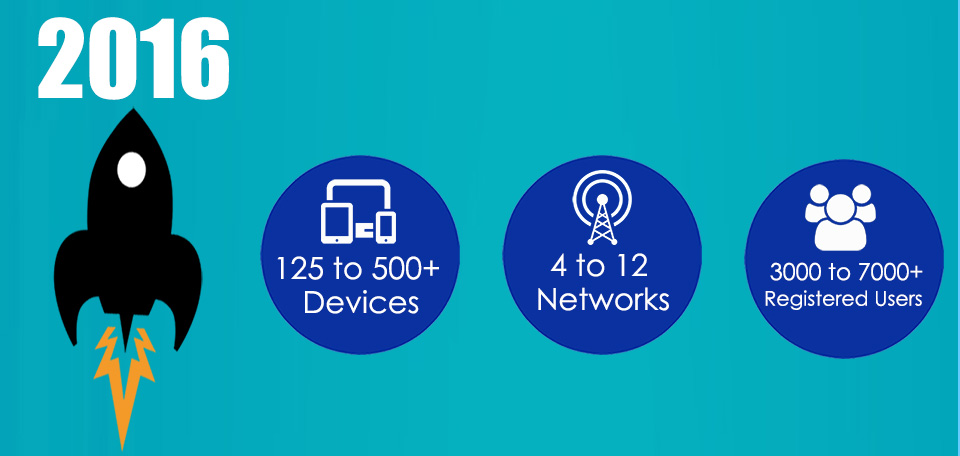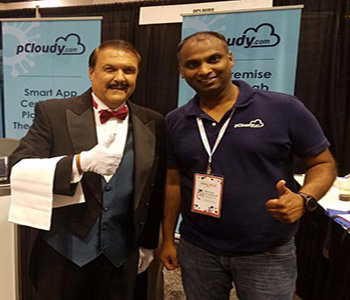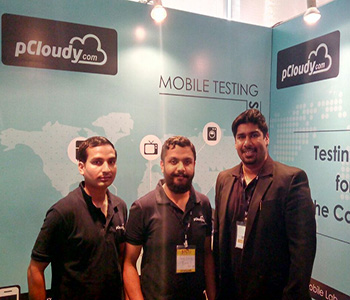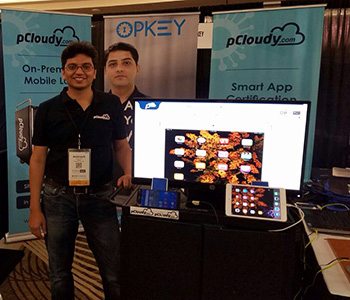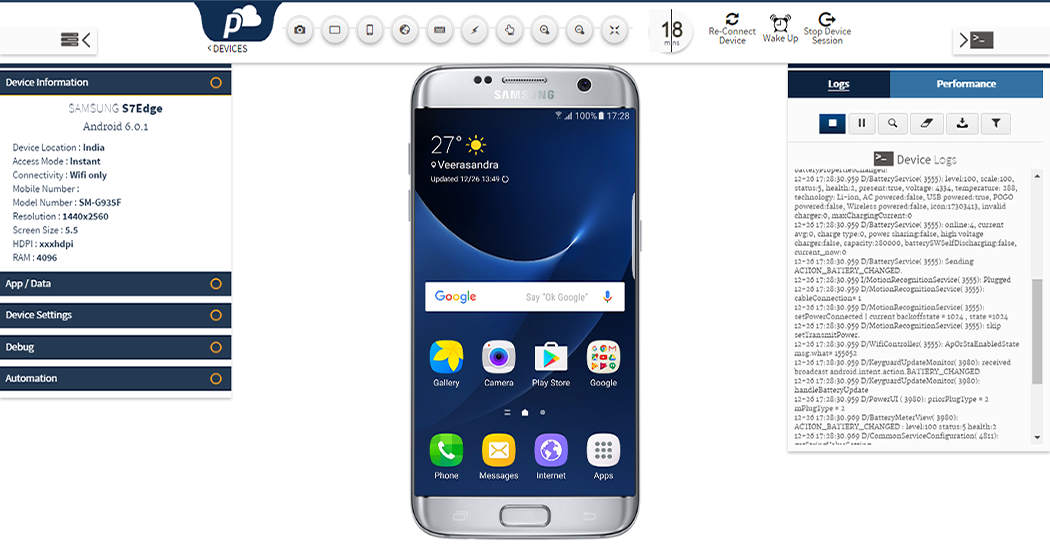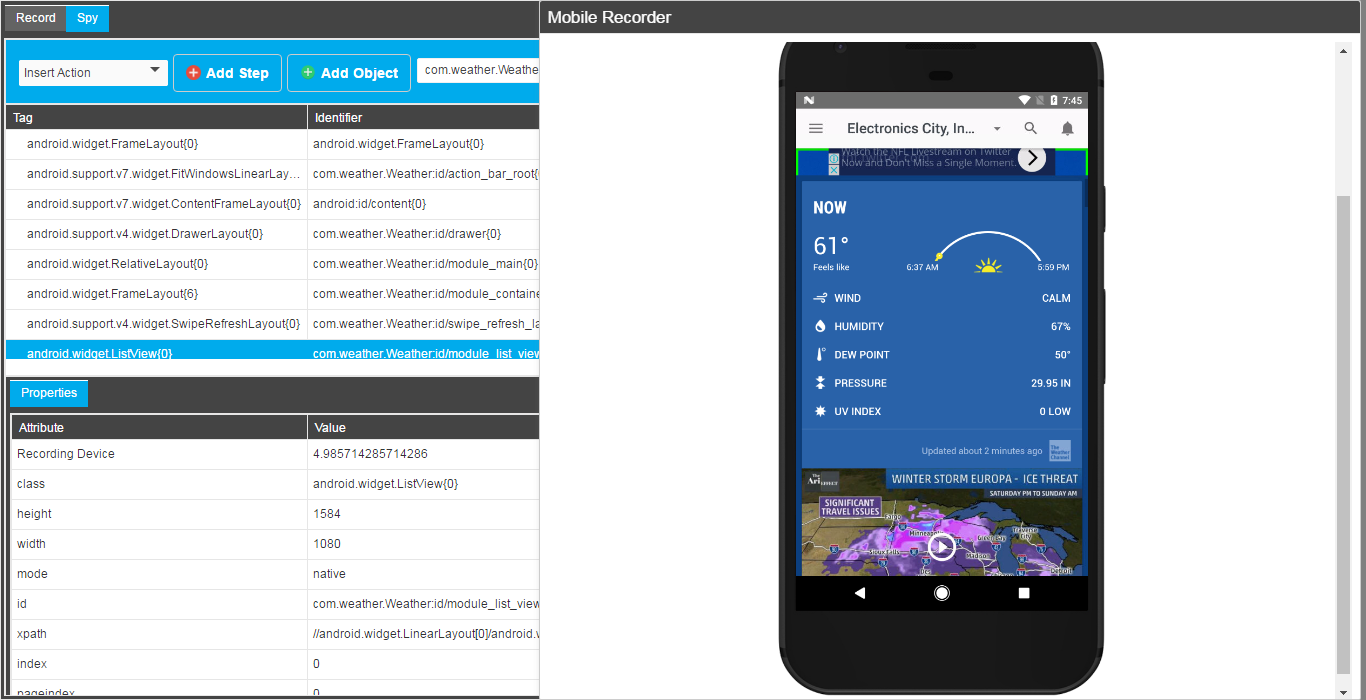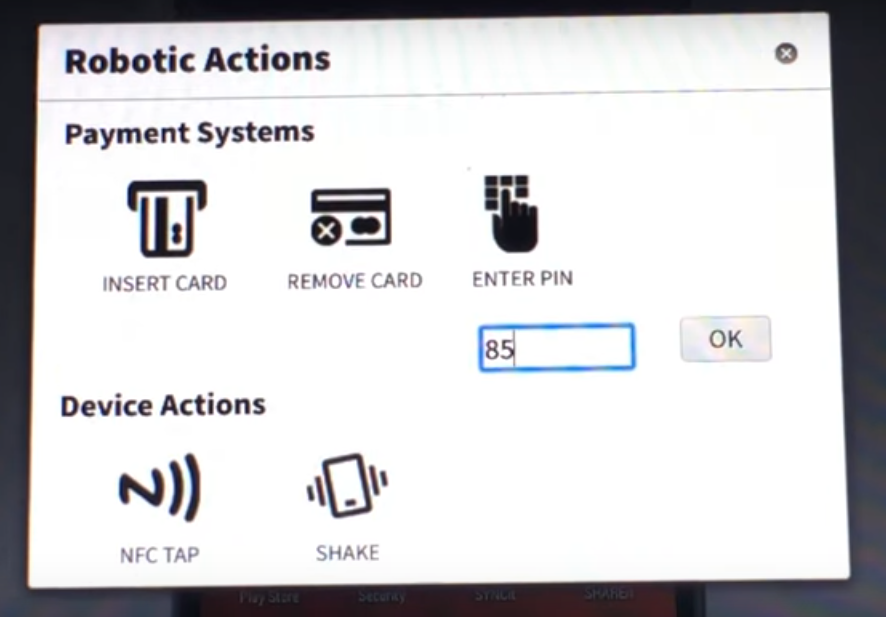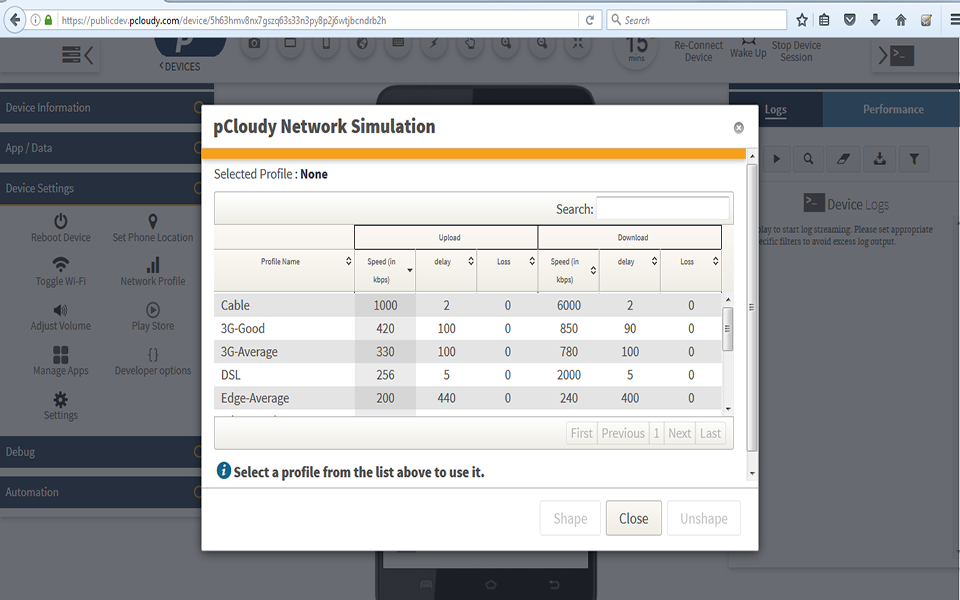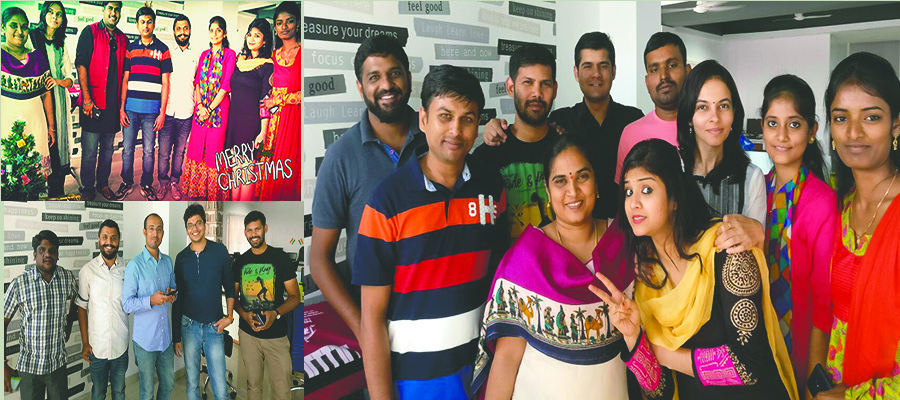Asia’s leading software testing conference, QAI STC 2019 concluded on December 6th, 2019. The theme of this year’s STC was architecting continuous quality: think, transform, and thrive in an Intelligent future. The STC is a platform for experts to display ideas, experiments, and experiences to explore challenges and suggest techniques and innovations to overcome common problems.
Avinash’s keynote focused on the future of testing which was lauded by the top minds and became the highlight of the event.
pCloudy was the title sponsor for the event and so we got a bigger platform to showcase our contribution in shaping the future of mobile app testing.
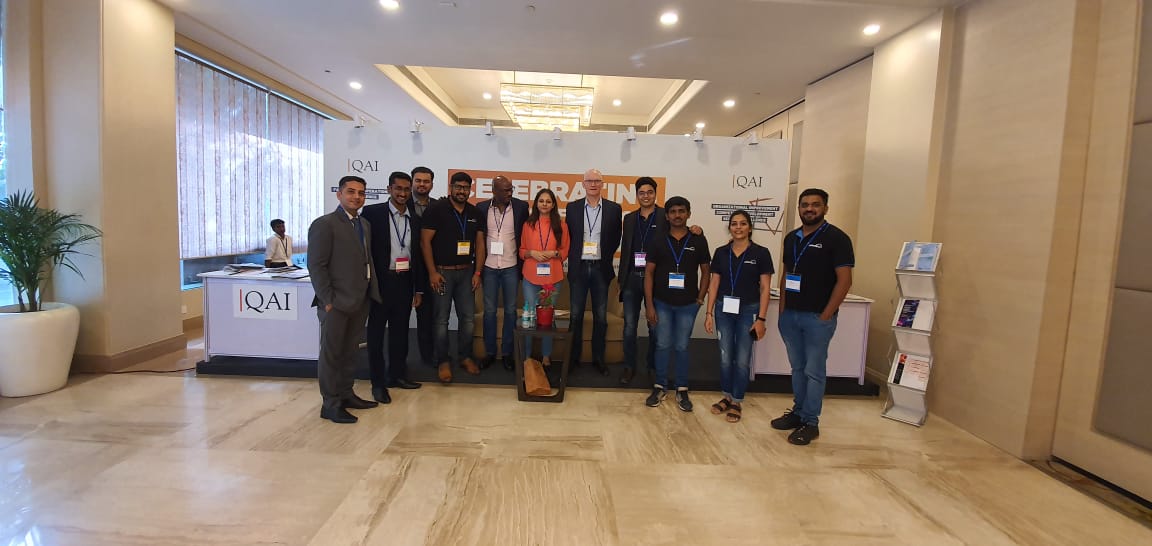
More than 500 experts from around 130 software companies gathered to learn new trends in testing, share their ideas and grow their network. There were 14 keynotes from the industry leaders and 50 professionals got a chance to take the stage and share their views about the emerging technologies.
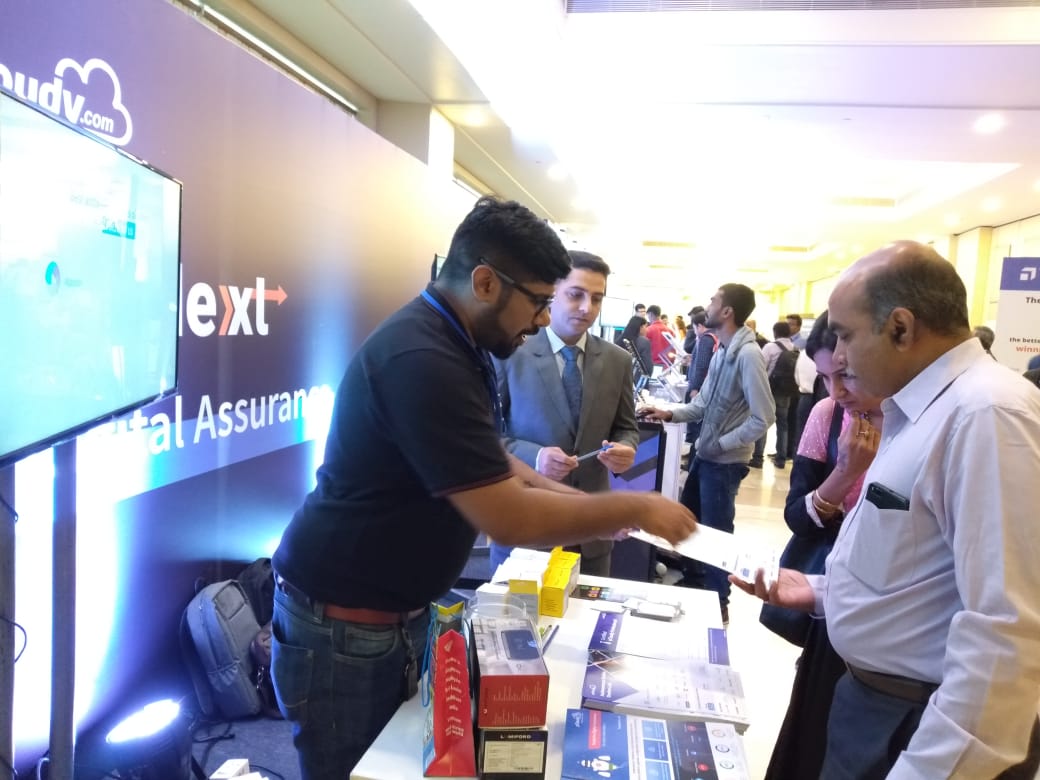
Let’s have a look at the major learnings from this event.
Future of Testing
The STC started with a keynote by Avinash which provided insights about the future of work, applications, and testing. How “We Working” will be the primary organizational model and algorithmic management will take over the middle management to some extent. He also talked about how people will have to constantly upskill to work with the ever-changing technology and the work-life challenges will increase in the future. A digital mesh architecture will allow enterprises to build an agile, flexible, and cloud-ready ecosystem. This will enable real-time connectivity of employees, business processes, business data, and services to help address high volumes of traffic and become cloud-native and mobile-first.
Quality Engineering and Digital Transformation
There was a great emphasis on quality engineering at the STC as most of the organizations are trying to take QE to the next level. Quality engineering focuses on the end-to-end management and the basic principle is the all the teams should bear the responsibility of maintaining the quality in the process. Software QE is the assurance of high standards in the software development life cycle while implementing DevOps and Agile.
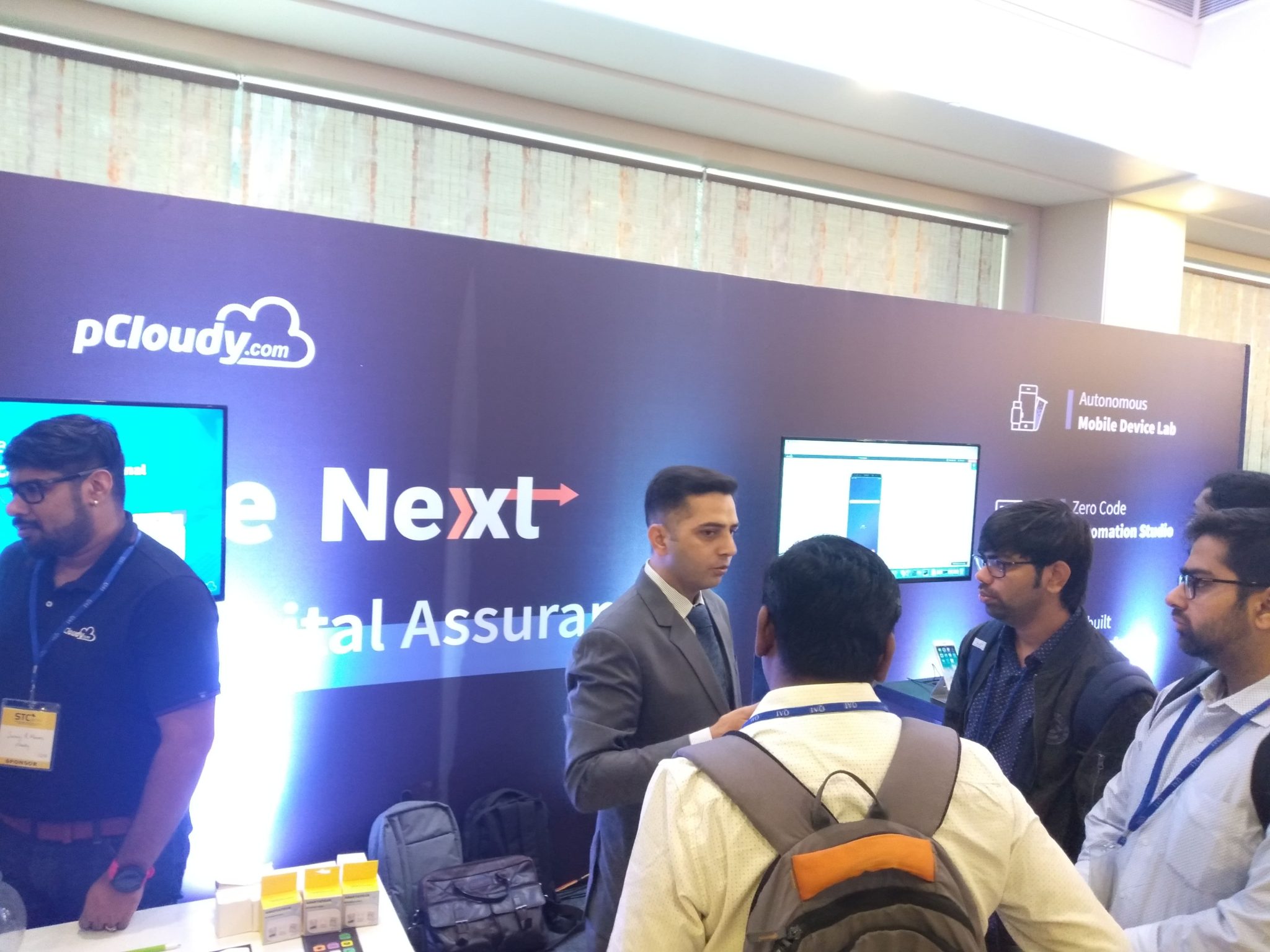
The main role is played by testers who create, implement and maintain systems used to control the quality of production processes. These people need to have a deep understanding of all the technological activities and evaluation principles.
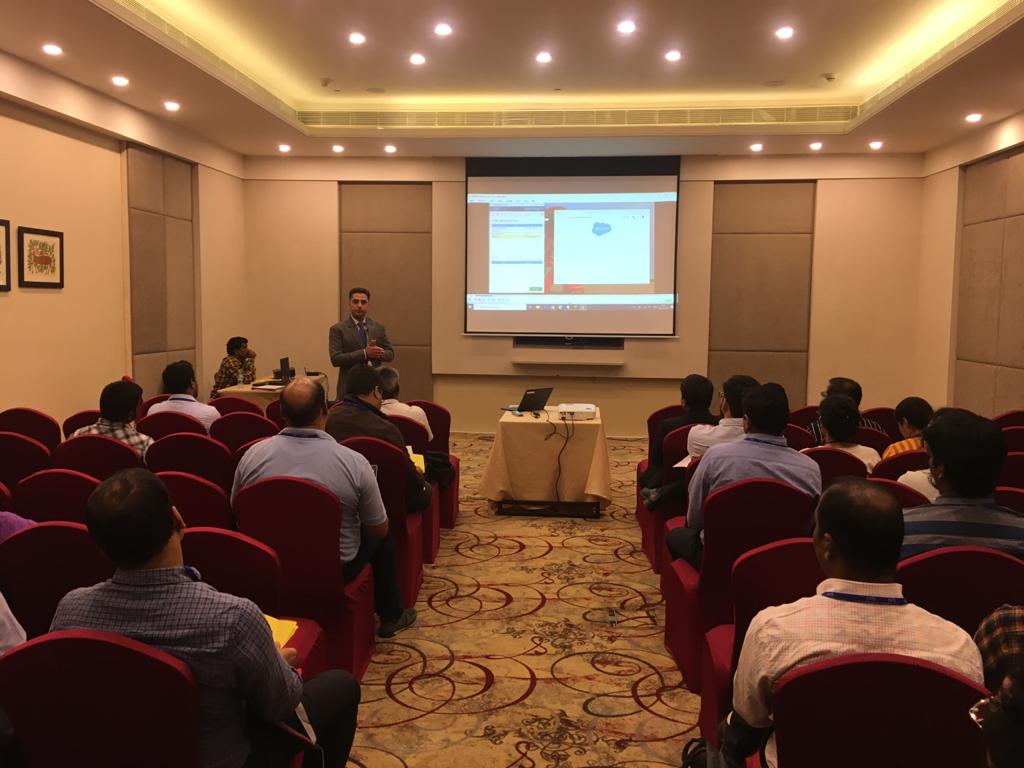
Quality engineering methodology is even bigger in scale than the traditional QA approach and that’s the reason that QEs cannot work in silos. In quality system engineering, people in multiple roles like IT architects, designers, test engineers, project managers, business architects, etc., must cooperate to meet customer expectations. Quality engineering is driven by emerging technologies such as AI and Big Data analytics. Automation is the driving force behind turning the traditional testing into a more effective quality support model.
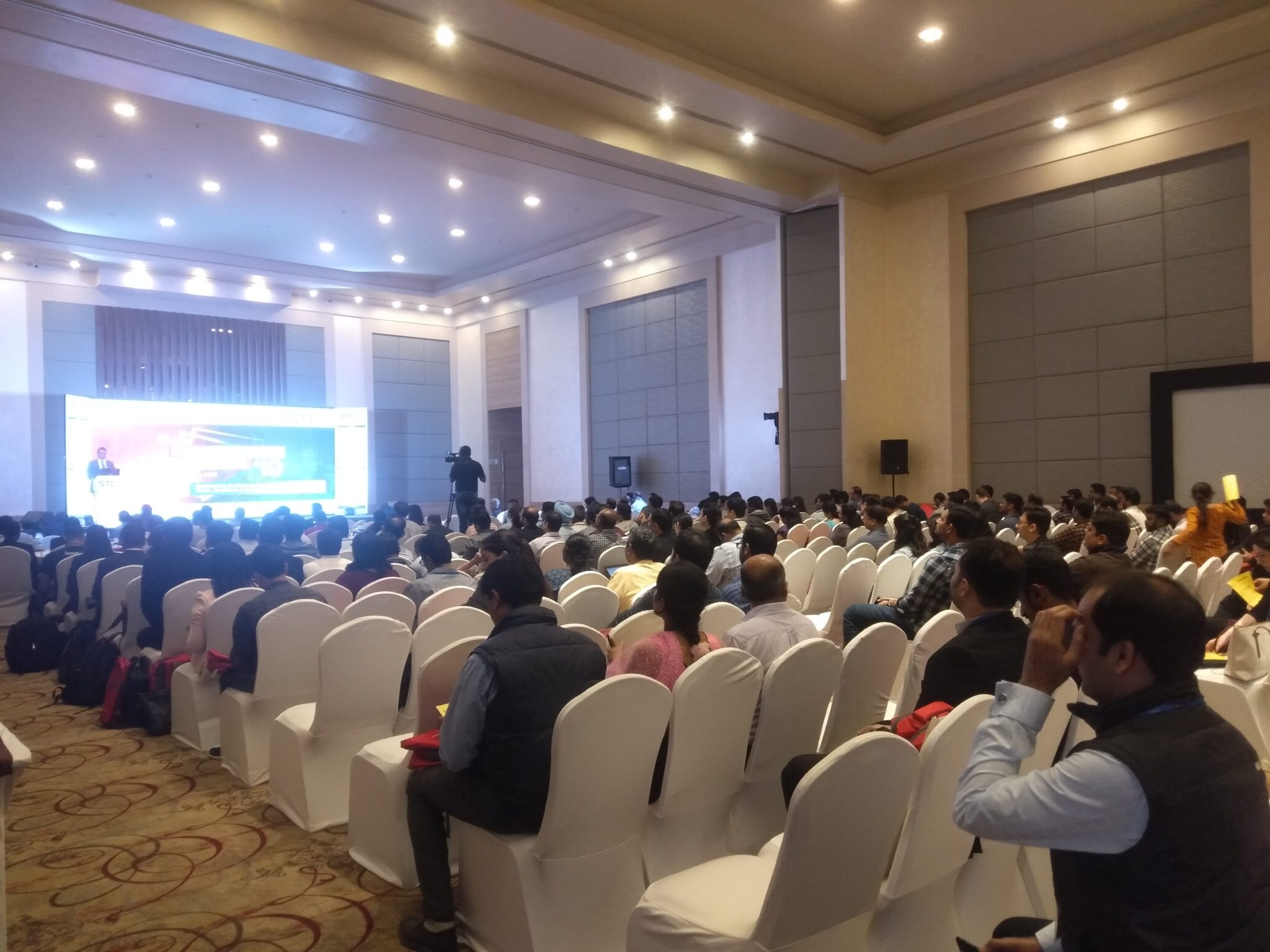
The quality engineering team usually partners along with the business users and the product managers for having a better understanding of the required product details to match up the problems since the starting of the product to the last stage.
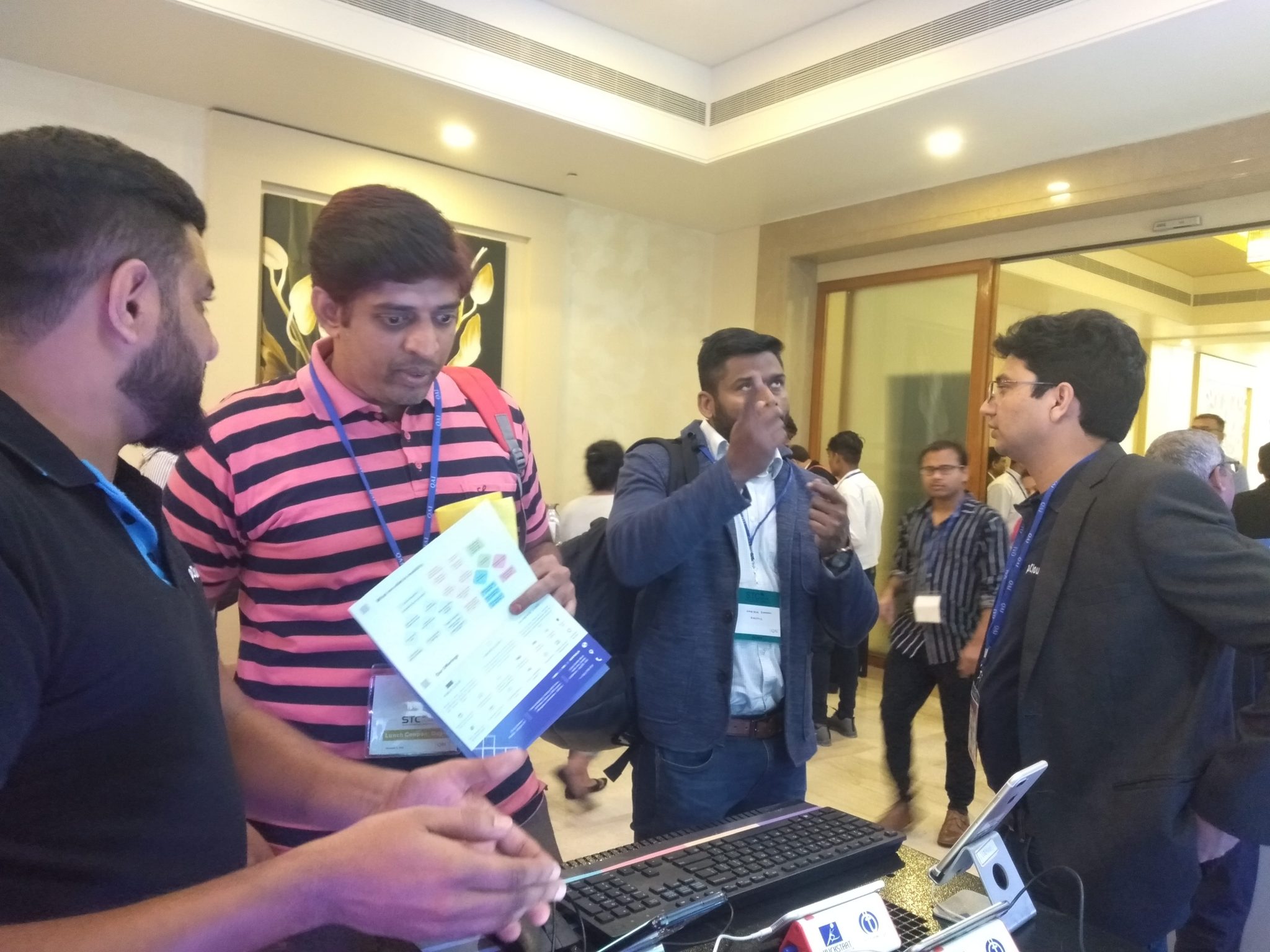
Artificial intelligence, Machine learning, and IoT
The recent development in AI, ML and, IoT were the buzz creators. Experts elaborated on how augmented analytics will be utilized for creating, developing, and consuming analytics by combining these technologies. An augmented analytics engine can identify, filter, and analyze data, and then recommend what needs to be done next without the need of an IT team. These technologies will make data-driven insights accessible to a much larger set of workers.
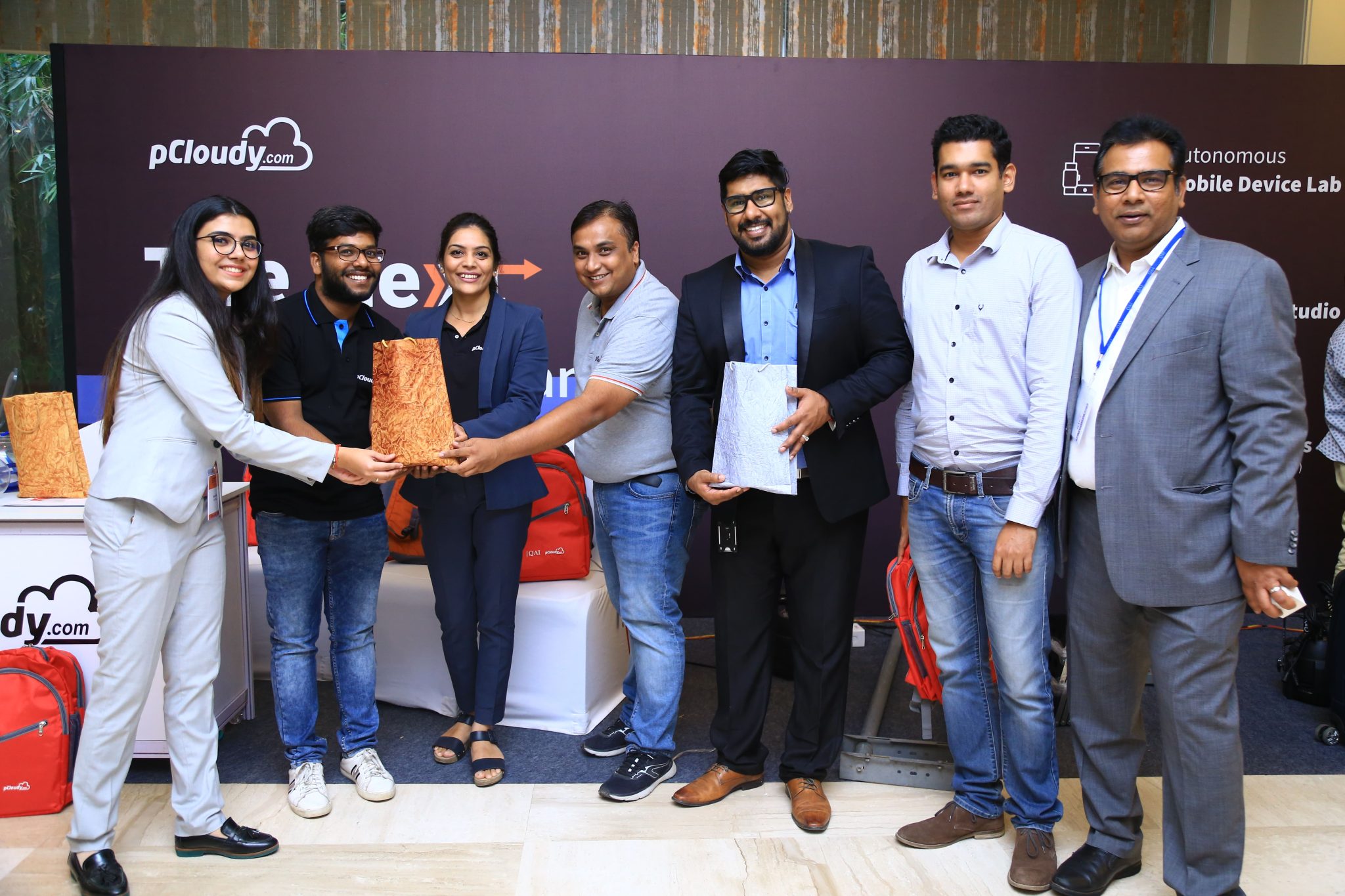
The conference turned out to be really productive with good insights about emerging technologies and tools. It was a great opportunity to connect with software testing experts and professionals from around the globe. To say the least, it was a remarkable event where we got a great response and positive feedback from the crowd.





